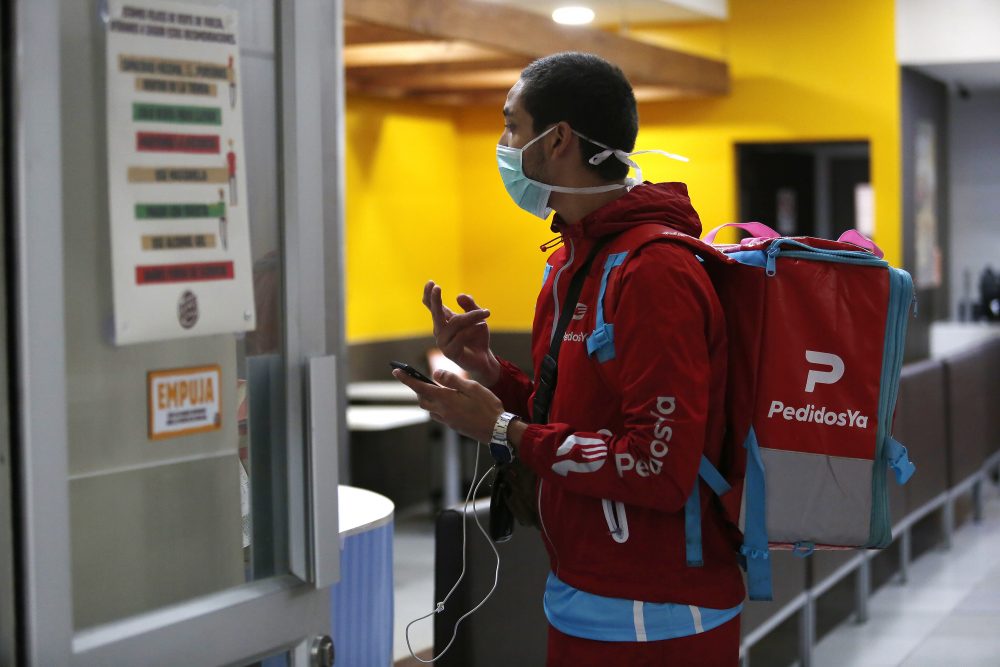
The solution proposed by academics from the University of Chile, including Marcel Goic, a researcher at the Milenio MIPP Institute, establishes attractive routes for delivery people and also allows companies to reach sectors with their products that are not covered until now.
In recent years, the rise of e-commerce has sparked a revolution in the way products are stored and delivered. The increasing complexity of last mile operations has generated a diversity of innovative approaches to meet the growing demand for fast and affordable deliveries. Package delivery platforms like Ziticity and Amazon Flex have led this transformation by leveraging the flexibility of a workforce of drivers willing to deliver on demand.
The absence of a contractual relationship with potential drivers allows drivers not to select routes that they do not find acceptable, which challenges the traditional approach to solving the vehicle routing problem (VRP). Indeed, to take advantage of the flexibility offered by delivery platforms, it is not enough to generate cost-effective delivery schemes, but the routes offered must also be attractive to drivers.
In response to this challenge, a team of experts led by researchers from the Institute of Complex Engineering Systems (ISCI) and academics from the University of Chile, among them, researcher from the Milenio MIPP Institute, Marcel Goic, has proposed an innovative model. This approach seeks to reduce transportation costs while creating attractive routes for drivers, benefiting both businesses and workers.
Marcel Goic emphasizes the results of his approach: “The approach we have developed uses acceptance history to learn about whether drivers prefer longer or less geographically dispersed routes. Using data from Wareclouds, a national last-mile delivery platform, we have estimated that this approach can reduce route acceptance time by 15.6%, suggesting that effectively generated routes are more attractive to drivers.
This methodology, by balancing delivery efficiency with driver satisfaction, promises not only a more reliable and effective delivery experience for customers, but also cost reductions and platform stability in the long term.
As companies adopt these cutting-edge technologies, enterprise logistics is undergoing a fundamental transformation in vehicle routing, which could be a significant step towards a more efficient and sustainable future in product distribution.
MIPP Chile 2024